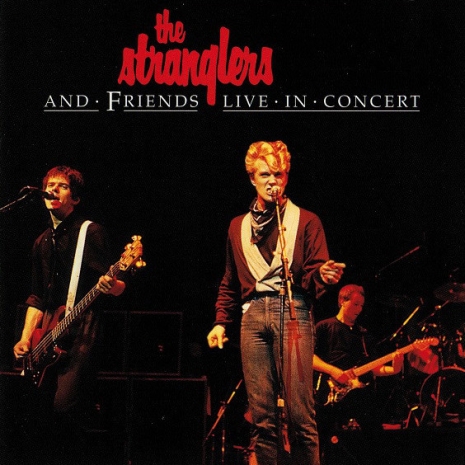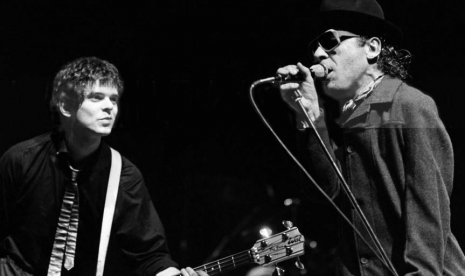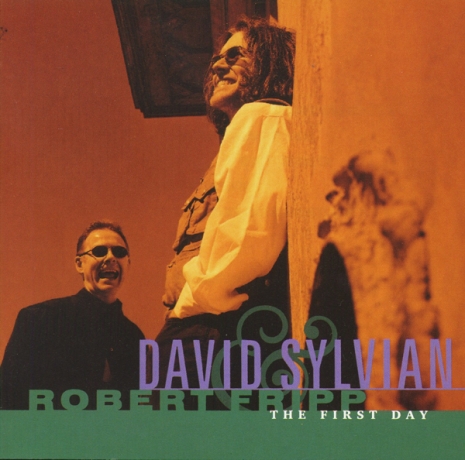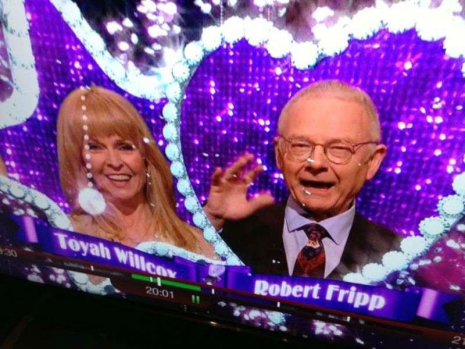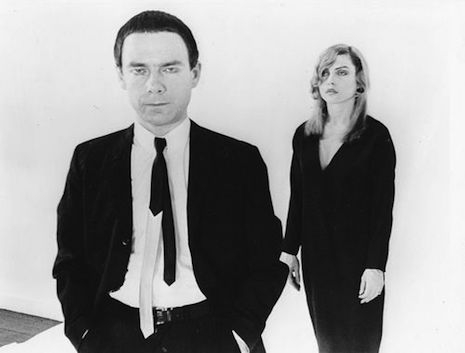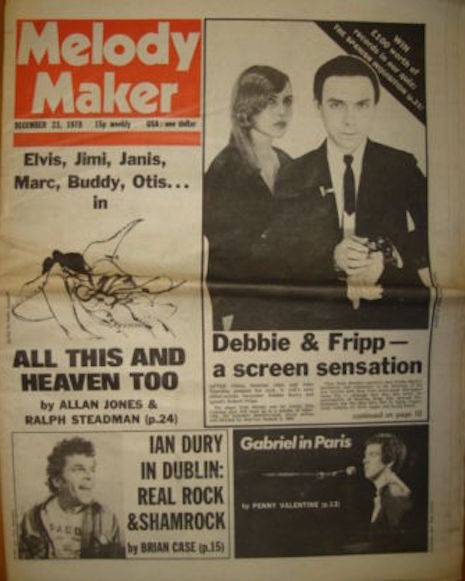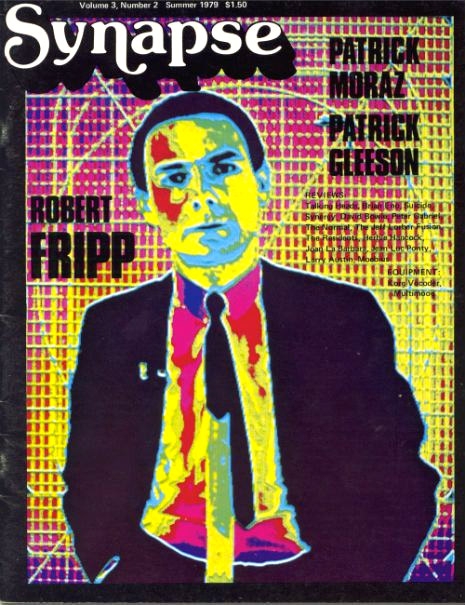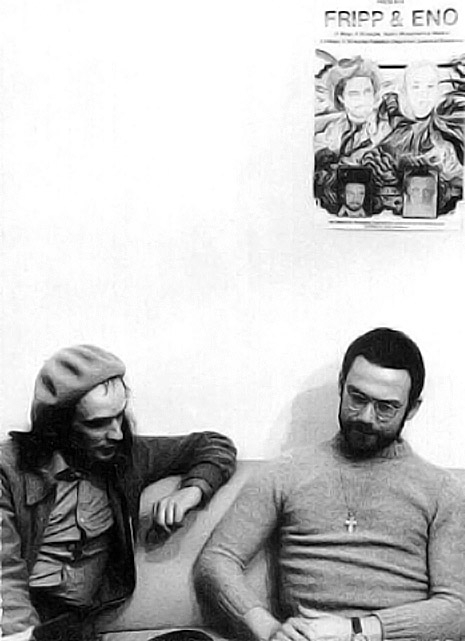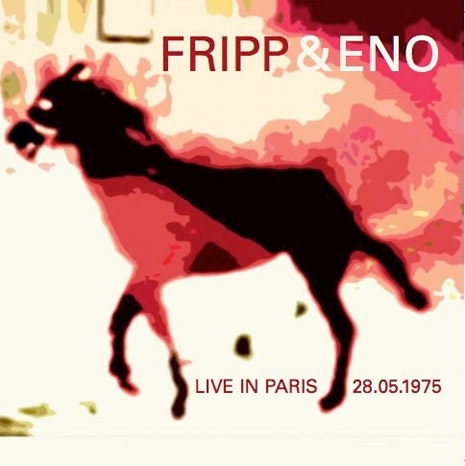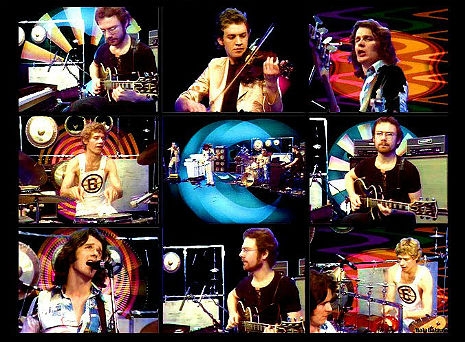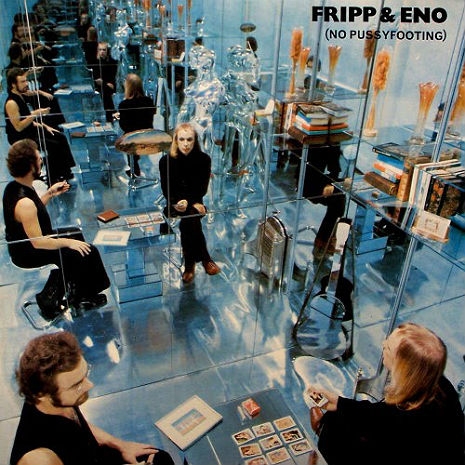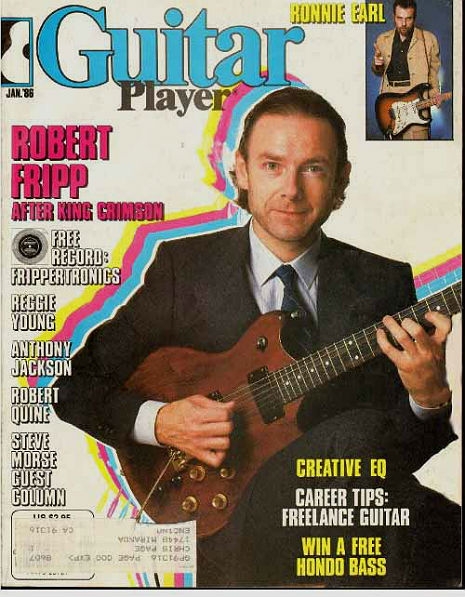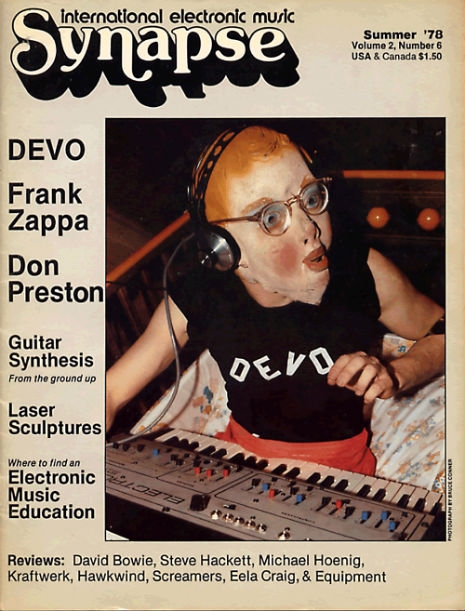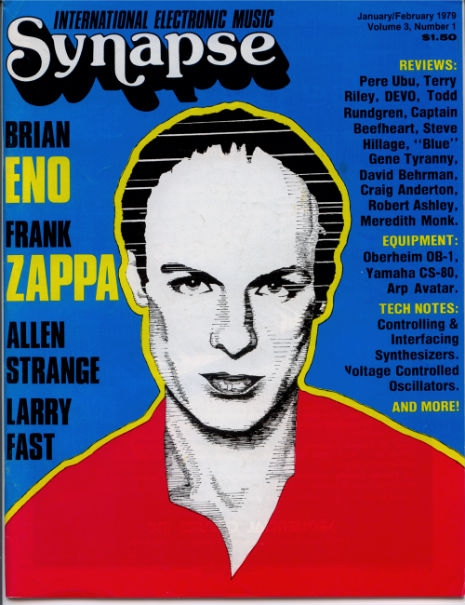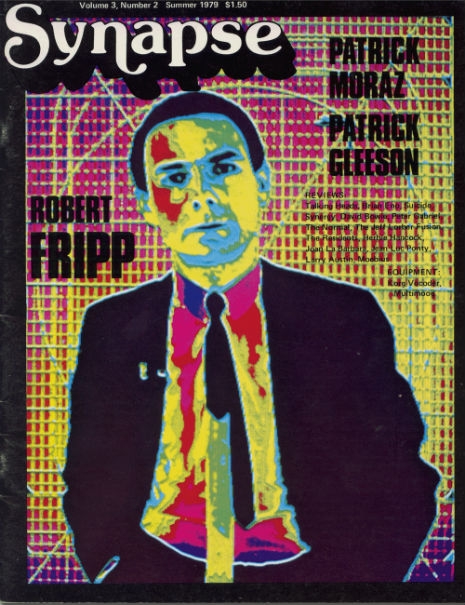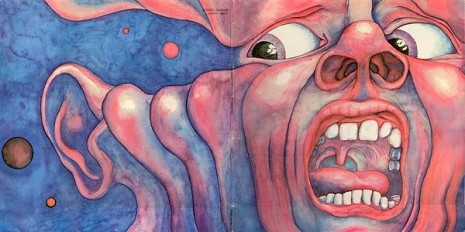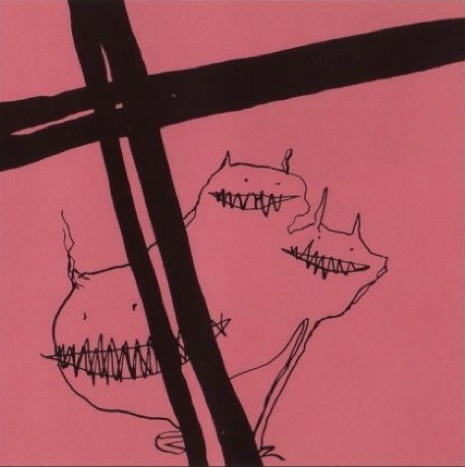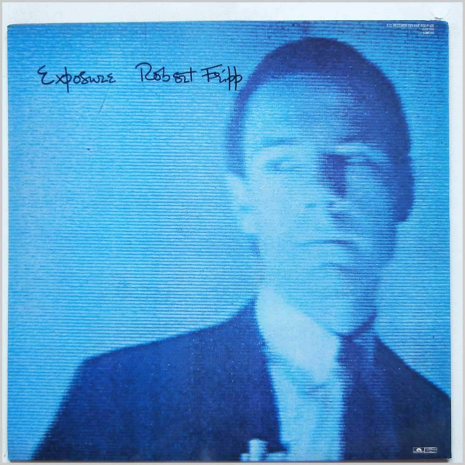
In 1977, King Crimson founder Robert Fripp—who’d left the world of music in 1974 when he dissolved the group—moved to NYC’s Hell’s Kitchen (and then later a place on the Bowery) and immersed himself in the city’s punk and new wave music scene. Inspired by New York’s frantic energy and wanting to combine the new sounds he was hearing with “Frippertronics,” the droning tape loop system he had developed with Eno, the final product was his solo record, Exposure.
The ambitious Exposure is one of the ultimate art-rock documents of late 70s New York, a classic album that sadly seems to have fallen through the cracks for many music fans. It’s a brilliant and underrated missing link between what was to become King Crimson’s next incarnation, the “Berlin trilogy” of David Bowie and Brian Eno (and indeed Fripp and Eno’s own collaborations), Talking Heads, Peter Gabriel and believe it or not, Hall and Oates!
That’s right, Exposure was meant to be seen as the third part of a loose trilogy that included Daryl Hall’s Sacred Songs and Peter Gabriel’s second album (both produced by Fripp). Daryl Hall’s management threw a wrench in the works, concerned that Hall’s decidedly more esoteric solo material might confuse his fan-base expecting catchy, “blue-eyed soul” AM radio-friendly pop tunes and that this would harm his commercial appeal. Additionally, they insisted that Fripp’s own Exposure album be credited as a Fripp/Hall collaboration. As a result, Fripp used just two of Hall’s performances on the album, recording new vocals by Terre Roche and Van Der Graaf Generator’s Peter Hammill.
Sacred Songs didn’t come out until 1980 and sold respectably well. Both albums include the snarling buzz-saw rave-up, “You Burn Me Up I’m a Cigarette.”:
The first voice you hear in the “Preface” is Eno’s and the voice before the phone starts ringing is Peter Gabriel’s. The vocal however, is obviously Daryl Hall, but not as we’re used to hearing him. Fripp later described Hall as the best singer he’d ever worked with and compared his musical creativity to David Bowie’s. High praise indeed.
Another highlight on Exposure is Peter Gabriel’s amazing performance of his “Here Comes the Flood,” perhaps the best version of the many he has recorded: Gabriel disliked the orchestral arrangements for the song on his first album, considering it over-produced. He did a different version on Kate Bush’s Christmas TV special in 1979 and still another on on his Shaking the Tree greatest hits collection. The rendition heard on Exposure is sparse, haunting and moving. I think it’s one of his single greatest vocal performances. Eno, Fripp and Gabriel are the only musicians on this track:
Continues after the jump…






